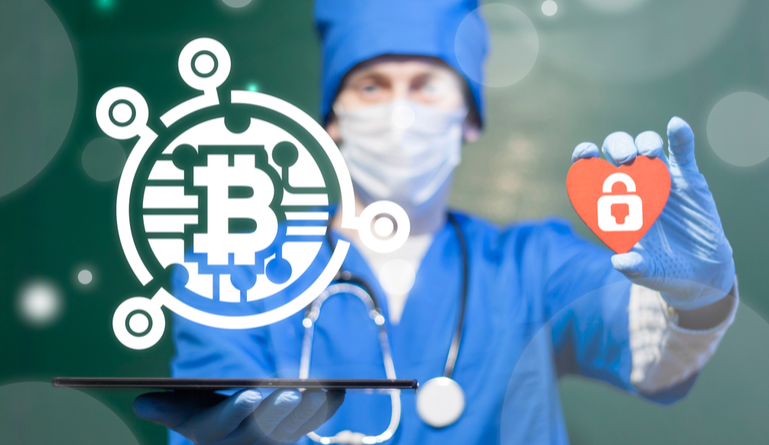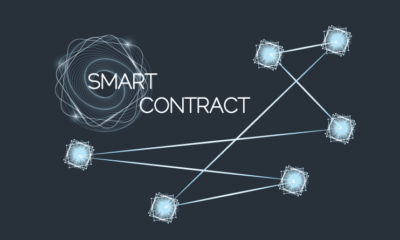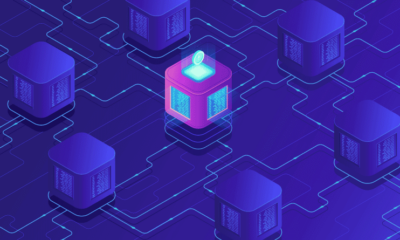
The American Medical Association believes that blockchain technology in healthcare will reshape the entire industry sooner than we realize. Even today there is an incredible number of practical ways to use blockchain in healthcare today.
In fact, blockchain is already being used in medicine and healthcare to create significant changes and improve efficiency for major healthcare initiatives and small medical practices alike. Some of the ways blockchain technology is currently being used includes the following:
- Medical device tracking
- Clinical trials for collecting and accessing medical information
- Improving access to patient records and healthcare information while securing patient privacy
- Managing supply chains of medications to prevent counterfeit drugs in the marketplace and ensuring compliance while drugs are manufactured and transported
When most people hear the word “blockchain,” the first thought that often comes to mind is Bitcoin. Even though Bitcoin has been around since 2008/2009, it wasn’t until 2014 that people began to realize the many other “real world” applications blockchain technology represents.
The most famous, and perhaps most important, blockchain in healthcare use case involves data management. Most physicians and healthcare administrators overwhelmingly admit that managing patient information in a manner that provides privacy and protection for the patient while also ensuring physicians have big picture access to a patient’s health information is problematic. Some might say impossible.
When it comes to improving patient care and outcomes, blockchain healthcare efforts by IBM are making a huge difference. When healthcare providers can more easily share essential patient information, the patient is the big winner. Not only can it improve the care patients receive, but it can also do the following:
- Reduce administrative costs for healthcare providers
- Secure patient information
- Ensure that all healthcare providers are aware of medication changes, prescribed treatments, and other relevant information
- Improve transparency in all healthcare transactions
- Reduce human error, time delays, and costs of accessing and storing information
There are many ways blockchain technology in healthcare is good for the patient. One of the most significant ways is by increasing trust that the most private, personal details about their healthcare circumstances are secure in ways that can be trusted. With blockchain technology, the information is stored as a decentralized record. This means no single entity holds ownership of the record and helps to ensure that the most recent information is what is available to all physicians that manage some of that patient’s care. While this may not be as important for someone who only sees a family physician once or twice a year, for those with more complex health management issues, it can help to make sure all physicians are on the same page for treatments, medications, allergies, and significant health challenges.
While there are relatively few blockchain-focused healthcare companies in the market today, that is expected to change soon. There are likely to be many more blockchain healthcare startups in the next few years with goals that include improving the flow of information in the healthcare industry, improving patient outcomes, and hopefully bringing forward new ways to encourage patients to comply with treatments, medications, and even keeping up with their appointments.
What are some of the real potential benefits blockchain technology in healthcare represent? In addition to the benefits listed above, it’s important to look at the benefits blockchain has provided for banking to understand the potential benefits for healthcare. According to The Journal of Health, blockchain has led to a 30 percent reduction in banking infrastructure costs with $8 to $12 billion in annual savings for banks using this technology. Imagine the difference full blockchain technology usage alone could mean for healthcare and the people who rely on it.








